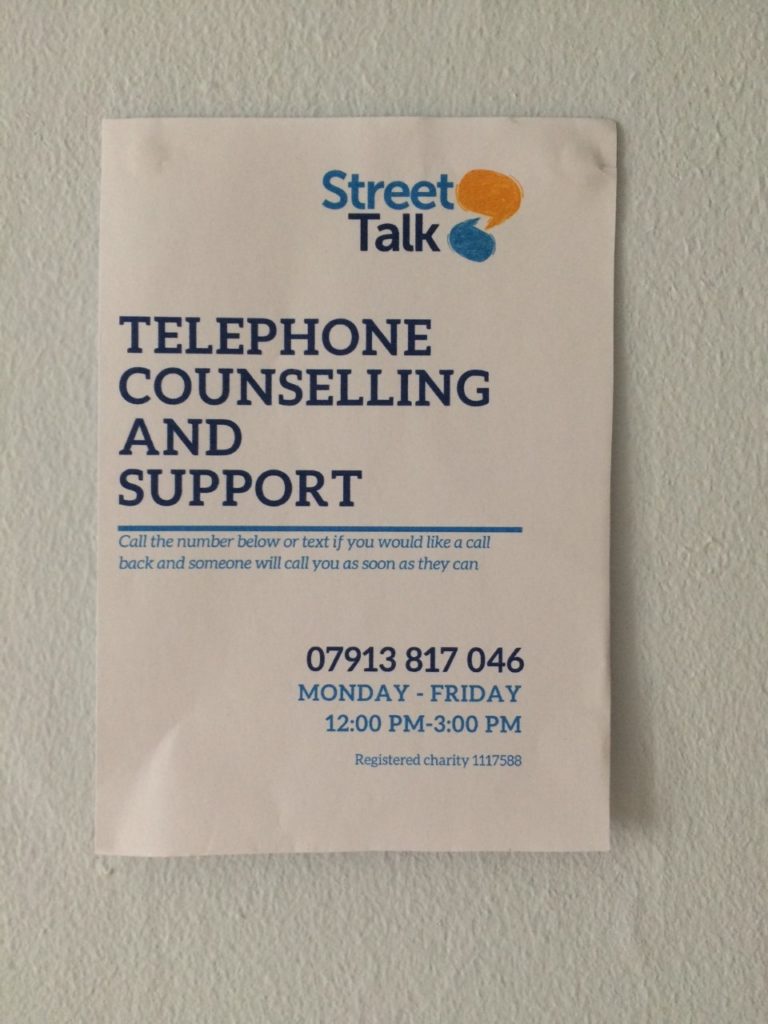Sitting in Limbo, Stephen S Thompson’s drama about his brother who was a victim of the Windrush scandal is going out at 8.30pm on BBC1 tonight. Women who’ve come to Street Talk have had their lives destroyed by the Windrush debacle as well as by current immigration injustices.
Theresa, despite living alone and coping with poor mental health, was saving to buy the council flat where she had lived for thirty years when she received the letter telling her that she would be required to evidence her right to be in the country.
Stories were circulating about people getting the knock on the door from immigration and being carted off to a detention centre. Theresa was terrified and took to rough sleeping, which was less frightening to her than staying in her flat waiting for that knock. She thought if she wasn’t in the flat, they couldn’t come for her.
While rough sleeping, she was beaten up one night and suffered a brain injury which has left her with diminished cognitive ability. After a year of only going back to the flat occasionally to get things, Theresa was evicted on the grounds of under occupancy. She went from aspiring to but her home to having no home and now lives in a hostel for the homeless. Nobody is going to compensate her. She is no longer eligible for social housing because she was considered to have intentionally made herself homeless.
Another woman, Cheryl, was married with two young children in London. She was hounded by the immigration authorities and had been threatened with removal. She was desperately afraid of leaving her children without a mother, but at the same time had recently been diagnosed with cancer. Immigration continued to pursue her and throughout her illness she lived in terror right up to her death from breast cancer last year.
These are just two of countless examples of brutal and inhumane treatment inflicted by the immigration services in this country that Street Talk has born witness to.




